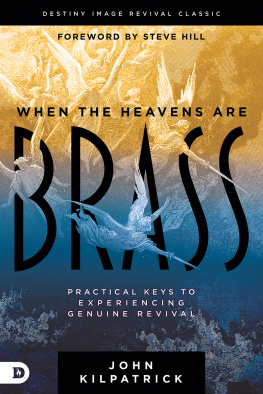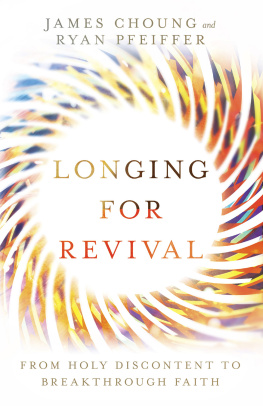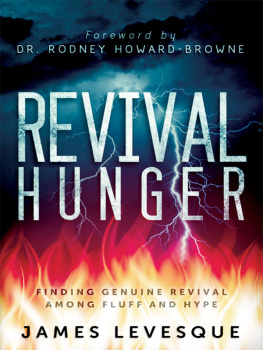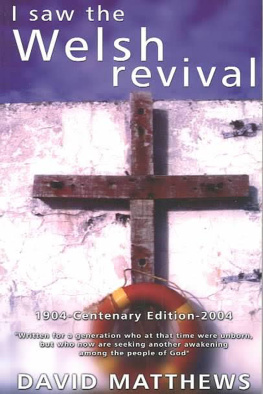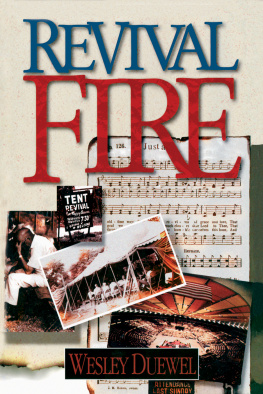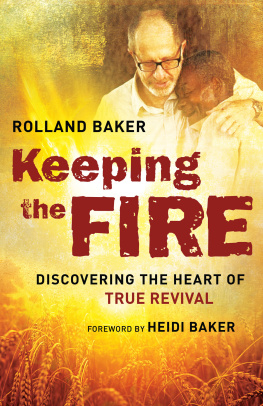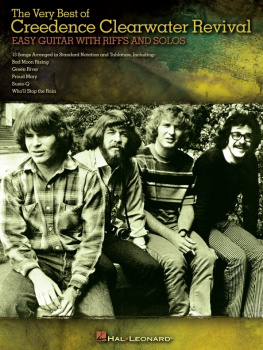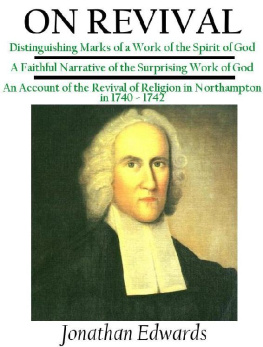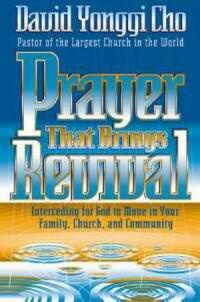THE WELSH REVIVAL
I.
A Narrative of Facts
by W. T. Stead
II.
The Revival: Its Power and Source
by G. Campbell Morgan
Behold I bring you good tidings of glad joy

BOSTON
The Pilgrim Press
NEW YORK CHICAGO
Copyright, 1905
By J. H. Tewksbury
This edition 2019 CrossReach Publications , Waterford, Ireland
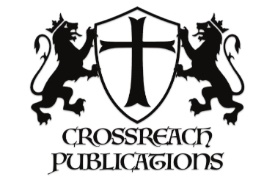
Hope. Inspiration. Trust.
Were social! Follow us for new titles and deals:
FaceBook.com/CrossReachPublications
Twitter Handle: @CrossReachPub
Available in paperback and eBook editions
Please go online for more great titles
available through CrossReach Publications.
And if you enjoyed this book please consider leaving a
review online . That helps us out a lot. Thanks.
The text of this book is in the public domain. All other rights are reserved, including the right to reproduce
this edition or portions of it in any form whatsoever without prior written consent from the publisher.
Contents
7: The Revival: Its Power and Source


Chapter 1: From the Author to the Reader
I AM A CHILD OF THE REVIVAL of 1859-60. I have witnessed the Revival in South Wales, and it is borne in upon me that I must testify as to what I have seen and know.
I have been urged and entreated to speak in public on the subject. I have refused, although sorely tempted to comply. But though I am not physically strong enough to face the immense strain which public speaking always makes upon my nervous system, I cannot keep silent. Woe is me if I bear not my testimony, and bear it now! For never is it so true as in times of Revival that Now is the accepted time. Now is the day of salvation.
That is not a mere hackneyed text; it is a somewhat awe-inspiring fact. A fact, not a theory. The importance of the psychological moment so much insisted upon by Bismarck is as true in religion as in politics. It is the familiar truth, which all admit in other departments of life.
There is a tide in the affairs of men
Which, taken at the flood, leads on to fortune.
Omitted, all the voyage of their life
Is bound in shallows, and in miseries.
Let me preface my narrative, as is the custom in all meetings when the awakened soul cries for facts from the experience of living men rather than for things at second-hand, by stating briefly how I came to be able to speak with knowledge of the mysterious force operating upon the heart of men which is in action at times of Revival.
I first woke up to a sense of my own sinfulness when I was a child of eleven. I was a child of the Manse. My father was an Independent minister, and both my parents were earnest, devoted Evangelical Christians. Independents sixty years ago were more Calvinistic than are their present-day representatives, and a sense of the exceeding sinfulness of sin and of the grim reality of the wrath of God permeated the atmosphere of our home. The higher the ideal of life and conduct to which we were taught to aspire, the more bitterly and constantly we were compelled to realize by every childish fault of selfishness or of temper how true it was that we had all sinned and come short of the glory of God. We were condemned by our own consciences. Even when we would do good, evil was present with us. How could we, with all our imperfections, our sins, and our short-comings, think without a shudder of the day when all secrets were revealed, and the soul, stripped bare of all wrappings and pretence, had to render account to its Maker for all the deeds that had been done in the body? It is the fashion of our day to regard such striving after the ideal as morbid; but although the phraseology may need revision, the essential truth remains the same.
It is not surprising, then, that one night, at eleven years of age, when I went to bed, I was seized with an appalling sense of my own unworthiness, my own exceeding sinfulness. God was so good, and I was so badI deserved to be damned. I accepted as a postulate the infinite goodness of God, and I knew only too well how often I had done the things I ought not to have done, and left undone the things I ought to have done, and that there was no strength in me. I sobbed and cried in the darkness with a vague sense of my own sin and of the terrible doom which awaited me. I had a passionate longing to escape from condemnation and be forgiven. At last my mother overheard me, took me into her arms, and told me comforting things about the love of God, and how it was made manifest by Jesus Christ, who had suffered in our stead, to save us from condemnation, and make us heirs of heaven. I have no remembrance of anything beyond the soothing caress of my mothers words. When she left me the terror had gone; and although I had not in any way experienced the change which is called conversion, I felt sufficiently tranquil to go to sleep. When I woke the memory of the previous nights alarm was but as the remembrance of a thunderstorm when it has passed.
This was in the year 1860, when the Revival which had begun in the United States of America in 1857 or 1858 crossed the Atlantic, traversed the north of Ireland in 1858, covered Wales in 1859, and then moved into England, where its influence was felt all through 1860 and 1861.
In July, 1861, I was sent to a boarding school for Congregational ministers sons, to which some sons of laymen were also admitted, at Silcoates Hall, near Wakefield. There were about fifty of us boys, from ten years old to sixteen or seventeen. The tradition of the school in the fifties and in 1860 had not been distinctly religious. All of us came from Christian homes, but as a school it was very much like other schools. About a month after I entered Silcoates some of the lads started a prayer meeting of their own in a summerhouse in the garden. They asked me to join, and I went more out of curiosity, and to oblige my chum, than for any other motive. There were about half-a-dozen of us, perhaps more, none of us over fourteen. We read a chapter in the Bible, and we prayed. No master was present, nor was there any attempt made on the part of the masters to encourage the prayer meeting. One master, indeed, was frankly contemptuous. The majority of the boys had nothing to do with the prayer-meeting fellows. One or two of us were under deep conviction of sin, and we talked among ourselves, and read the Bible, and prayed. Suddenly one day, after the prayer meeting had been going on for a week or two, there seemed to be a sudden change in the atmosphere. How it came about no one ever knew. All that we did know was that there seemed to have descended from the sky, with the suddenness of a drenching thunder shower, a spirit of intense earnest seeking after God for the forgiveness of sins and consecration to His service. The summerhouse was crowded with boys. A deputation waited upon the principal, and told him what was happening. He was very sympathetic and helpful. Preparation class was dispensed with that night; all the evening the prayer meeting was kept going, There was no singing, only Bible reading, a few brief words of exhortation, a confession of sin, and asking for prayers, and ever and anon a joyful acknowledgement of an assurance of forgiveness. Those of us who could not find peace were taken out into the playground by one or two of their happier comrades, who laboured with them to accept Christ. How well to this very day do I remember the solemn hush of that memorable day and night, in the course of which forty out of the fifty lads publicly professed conversion. Only half-a-dozen out of the whole school, and these exclusively of the oldest boys, held aloof from the movement, and were prayed for jointly and severally by name by their converted comrades.
Next page


